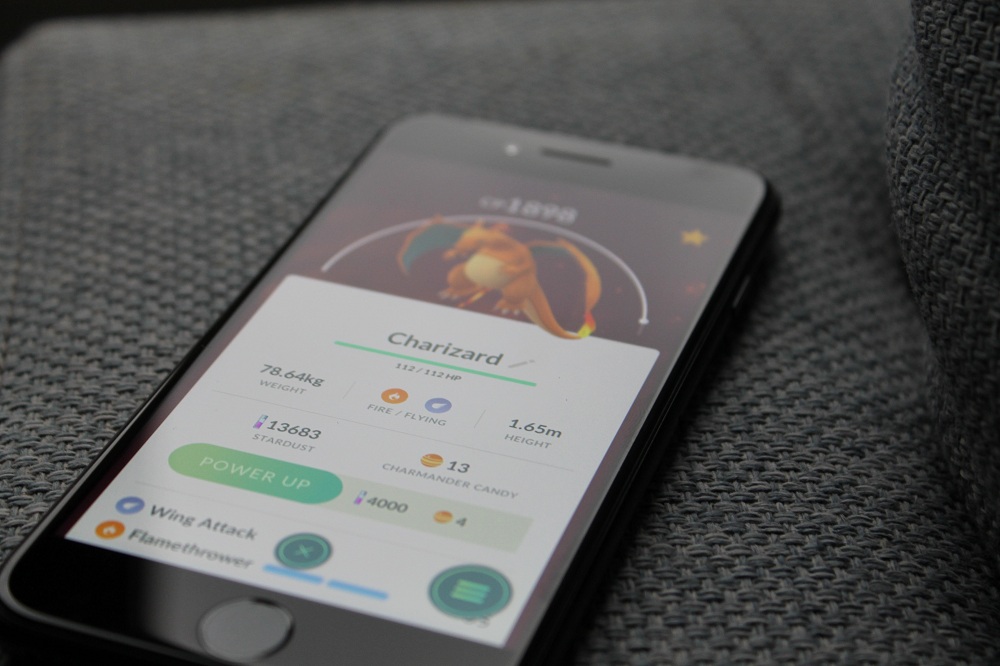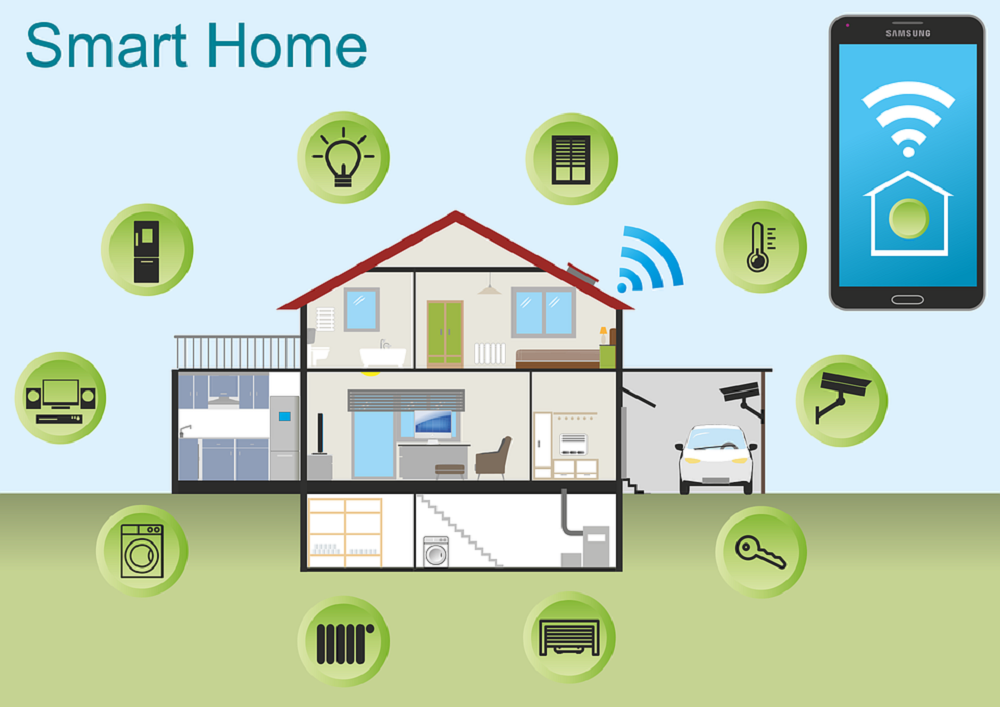There are times that individuals living with Alzheimer’s disease feel more agitated and confused as afternoon progresses into evening. They usually wander around, pacing, and become more aggressive as day turns into night.
You might notice an increase in demanding behavior, paranoia, and aggressive tendencies such as shouting and sometimes hitting because of frustration. This is what’s known as sundowning syndrome due to its prevalence in the evening hours.
According to the National Institute on Aging, NIA, approximately 12% to 25% of individuals with Alzheimer’s disease experience sundowning symptoms. However, experts now believe that sundowning symptoms aren’t directly related to the sun setting and that they could manifest at any time, even during the daytime.
Common Causes of Sundowning Syndrome
Currently, experts believe that sundowning symptoms could occur for many different reasons, and most of them usually overlap. The most common causes of these symptoms typically include the following:
- Feeling overwhelmed and physically and mentally drained. The brain is often vulnerable following eight hours of simply being awake. You are very tired and can’t possibly handle more stimulation so you can’t process things properly.
- Changes in routine. For people used to being busy with activities, even a short, unscheduled break in their day could cause restlessness and boredom.
- An out-of-control biological clock. Having a hormonal imbalance or responding to issues that could upset your biological clock could in symptoms of sundowning.
- Some individuals with Alzheimer’s disease might feel depressed and have difficulty functioning daily, which could further aggravate their symptoms.
Practical Tips for Managing Sundowning Symptoms

The easiest and most ideal way to help individuals with Alzheimer’s avoid or control potential agitation, whether at home or at memory care in South Ogden, is to ensure that their daily routine is structured and planned out. To do this, you can start with the following:
- Always maintain a consistent but easy schedule. For example, wake up and have your loved eat meals at roughly the same time each day. Have him wind down and prepare for sleep at the exact same time daily as well.
- Limit the intake of caffeine whenever possible, particularly during later afternoon and at night.
- Provide regular activities. It is immensely vital to keep individuals with Alzheimer’s interested and involved in activities they love doing daily. Aside from discouraging napping to help them fall asleep easily come bedtime, this will likewise help prevent confusion and agitation from setting in and triggering sundowning symptoms.
- Always give time to wind down. Gradually reduce any form of stimulation your loved one experiences as day turns to night to calm down their nervous system. Keep the room dark and cocoon-like, and turn down sounds from radios and TVs among others. Also, restrict noisy activities and visitors during the night.
Aside from the advice given above, it is also extremely important to get medical help if the strategies above don’t work. If your loved one is still experiencing sundowning symptoms, inform his or her doctor for a thorough evaluation.
Your loved one might have underlying health issues that are making it especially hard for him or her to sleep.


